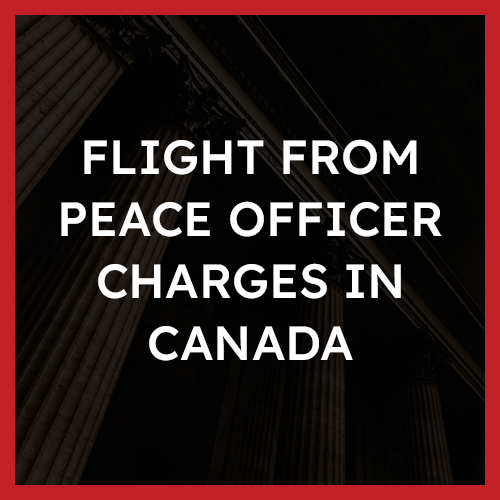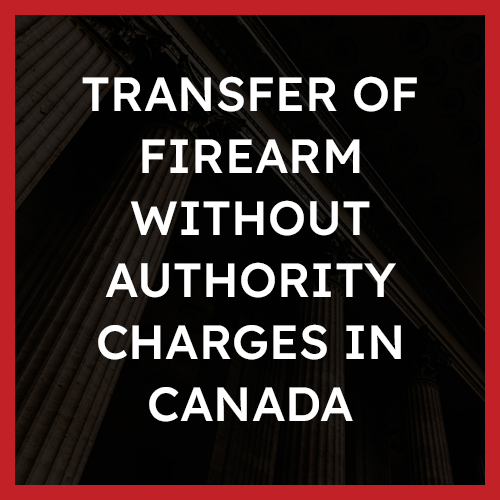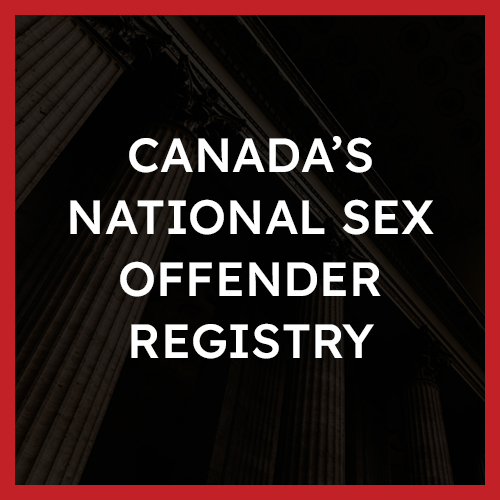Understanding Extradition Treaties in Canada
Table of Contents
- Extradition in Canada
- Frequently Asked Questions:
- Does Canada have an extradition treaty with the United States?
- Does Canada have an extradition treaty with the United Kingdom?
- Which countries won’t extradite to Canada?
- Does Canada have an extradition treaty with Mexico?
- Can extradition be appealed?
- I still have questions about extradition, what should I do?
What is an extradition treaty?
Extradition treaties are an essential tool relative to international law enforcement. They allow different countries to cooperate in the transfer of custody of persons accused or convicted of crimes in various jurisdictions (across borders) for the purpose of prosecution and/or incarceration. Extradition treaties play a pivotal role in facilitating this cooperation, establishing the legal framework and procedures for extradition between countries.
How do extradition treaties work?
Extradition is the legal process by which a person who has committed a crime in a foreign country/ foreign jurisdiction (the requested state) is transferred to another country (known as the requesting state) to face trial or serve a period of incarceration. It is based on the principle of reciprocity, where countries agree to cooperate and assist each other in bringing criminals to justice.
The objectives of extradition are ultimately a multifaceted approach and can seem quite complex. Extradition aims to combat transnational crime by ensuring that offenders cannot simply escape or evade justice by fleeing to another jurisdiction. It promotes international cooperation and fosters the principle of mutual legal assistance between countries. Additionally, extradition serves as a deterrent to potential criminals and contributes to maintaining global security and public safety.
Key elements of an extradition treaty include the definition of extraditable offences, which specify the types of crimes for which extradition can be sought, such as murder, terrorism, fraud, and drug trafficking. The treaty also outlines the procedures and requirements for extradition requests, including the documentation and evidence necessary to support the request. Moreover, provisions for the protection of human rights and fair trial guarantees are typically incorporated into extradition treaties.
Extradition in Canada
The Canadian government has a well-established legal framework for extradition that governs the extradition process. The Extradition Act of Canada, enacted in 1999, provides the statutory basis for extradition and sets out the procedures and standards to be followed. The Act is designed to strike the appropriate balance that ensures fairness, protects the rights of the accused, and uphold the principles of justice, as well as outlines the roles and responsibilities of various entities involved in the extradition process. The federal Justice Minister is responsible for reviewing and decision-making of extradition requests, and considering factors such as the sufficiency of evidence, the nature of the offence, and potential human rights concerns.
Extradition treaties are instrumental in enhancing international law enforcement and ensuring that criminals are brought to justice regardless of their location. Canada’s legal framework for extradition, governed by the Extradition Act, sets out the procedures and standards for extradition, ensuring fairness, protection of human rights, and adherence to the principles of justice. Through extradition treaties, Canada has established cooperation with numerous countries, including the United States, the United Kingdom, and EU member states, as well as other nations around the world. These treaties enable the mutual transfer of individuals accused or convicted of crimes, contributing to global security, public safety, and the rule of law. By facilitating international cooperation and ensuring the equitable administration of justice, extradition treaties play a crucial role in maintaining the integrity of the international legal system.
Notably, Canada will only extradite a person if the offence in respect of which the extradition is requested is punishable by the extradition partner by imprisoning or otherwise depriving the person of their liberty for a term of with the potential sentence of two years or more and the conduct of the person, had it occurred in Canada, would have constituted an offence that is punishable in Canada, by imprisonment for a term with the potential of two years or more.
Which countries have extradition treaties with Canada?
Albania, Argentina, Austria, Belgium, Bolivia, Chile, Colombia, Cuba, Czechoslovakia, Denmark, Ecuador, El Salvador, Estonia, Finland, France, Germany, Greece, Guatemala, Haiti, Hong Kong, Hungary, Iceland, India, Israel, Italy, Korea, Latvia, Liberia, Lithuania, Luxembourg, Mexico, Monaco, Netherlands, Nicaragua, Norway, Panama, Paraguay, Peru, Philippines, Portugal, Romania, San Marino, South Africa, Spain, Sweden, Switzerland, Thailand, United States, and Uruguay.
Frequently Asked Questions:
Does Canada have an extradition treaty with the United States?
Yes, the extradition relationship between Canada and the United States is robust and long-standing. The two countries have a history of extraditing individuals charged with various offences, including organized crime, drug trafficking, and fraud. The extradition process involves a treaty-based framework that ensures prompt and efficient cooperation between the two nations.
Does Canada have an extradition treaty with the United Kingdom?
Yes, Canada has a longstanding extradition relationship with the United Kingdom. The two countries have a bilateral extradition treaty, which facilitates the extradition of individuals accused of crimes between the two jurisdictions. Extradition arrangements include provisions for the submission and evaluation of extradition requests, ensuring that requests are made on legitimate legal grounds.
Which countries won’t extradite to Canada?
Russia
Does Canada have an extradition treaty with Mexico?
Yes, in addition to the United States, the United Kingdom, and other countries, Canada has an extradition treaty with Mexico. These treaties provide the legal framework for extradition cooperation and support the mutual transfer of individuals accused or convicted of crimes.
Can extradition be appealed?
Yes, it is certainly possible to appeal an extradition order, as well as a variety of other rulings that may occur during the extradition process and hearing, including the bail detention order and the Minister’s order to surrender a person sought for extradition. A person can not be extradited until after the appeal court has rendered a final decision on any outstanding appeals arising from the extradition process including the extradition hearing or the minister’s order.
Extradition matters are often quite serious and extremely complex. Hiring an experienced lawyer to defend you in such matters, and ensure your rights are upheld is very important to your success at an extradition hearing. At Strategic Criminal Defence, we are available for a free consultation about your matter.
I still have questions about extradition, what should I do?
You can call Strategic Criminal Defence now for a free consultation.
About The Author
Ask A Question
We endeavor to respond to questions within 24 hours. If your matter is urgent, please call our office or submit a request for a free consultation.







